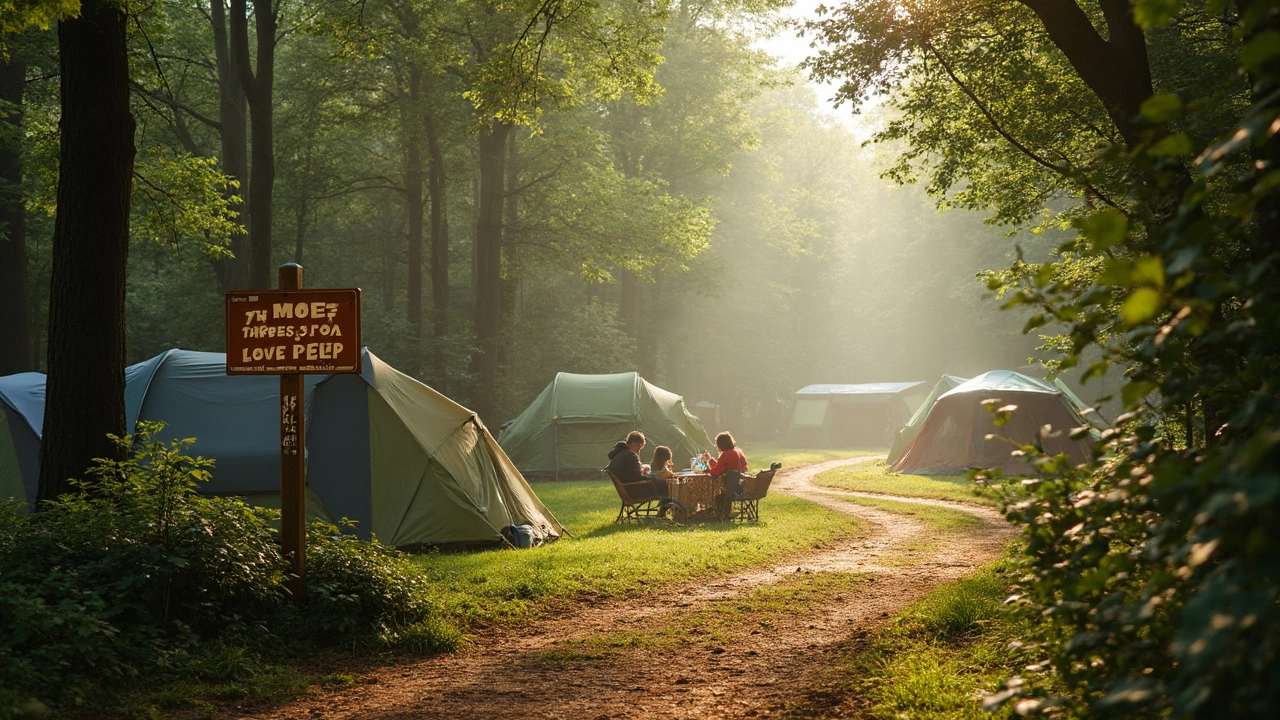Campsite regulations: what you need to know before you park
If you’re heading out with a motorhome or a tent, the last thing you want is a fine or a hassle. UK campsites have a handful of rules that keep everyone safe, happy, and the environment healthy. Below you’ll find the most common regulations and some easy tips to stay on the right side of the law.
Essential UK camping rules
First up, electricity. Most sites use a 13‑amp plug (the standard UK “square” plug). Bring a good quality adapter and check the voltage before you plug in. A wrong plug can fry your battery or cause a fire.
Fire rules are strict. Only use designated fire pits, never light a blaze on dry grass, and always fully extinguish the fire before you go to bed. Many sites now require a fire permit during dry periods, so ask the ranger or check the notice board.
Waste disposal is another big one. Separate your rubbish, recycle where possible, and dump chemical waste (toilet chemicals, food grease) only at the provided stations. Leaving waste behind can lead to hefty penalties and hurts wildlife.
Pets are welcome at many campsites but they must be kept on a lead in shared areas and never left alone in a parked motorhome. Some sites have specific dog‑friendly pitches, so book accordingly.
Vaping? Rules vary. Some sites ban vaping in communal areas or near fire pits. If you’re unsure, ask the site manager. It’s a simple way to avoid a confrontation.
Practical tips for motorhome & site safety
Driving a motorhome while it’s moving? UK law says you can’t walk around inside the vehicle once it’s in motion. Keep all loose items secured and stay seated with your seatbelt on. If you need to use the toilet while on the road, pull over safely – it’s both legal and safer.
When you arrive, check the pitch dimensions. A standard motorhome needs at least 3.5 m width and 7 m length. Over‑sized vehicles can block neighbours’ access and may be asked to move.
Don’t forget to respect the “Leave No Trace” ethic. Pack out anything you bring in, avoid damaging plants, and stick to pre‑marked paths. This keeps the campsite clean and ensures you can return next year.
Finally, if you’re thinking about wild camping, remember the 2‑2‑2 rule: stay at least two miles from the nearest public road, two metres from private property, and two nights in the same spot is the max. Some areas have stricter limits, so always double‑check local guidelines.
Following these basics will save you time, money, and headaches. Enjoy the freedom of the road, but keep the rules in mind – they’re there to protect you, your fellow campers, and the beautiful countryside you love.

